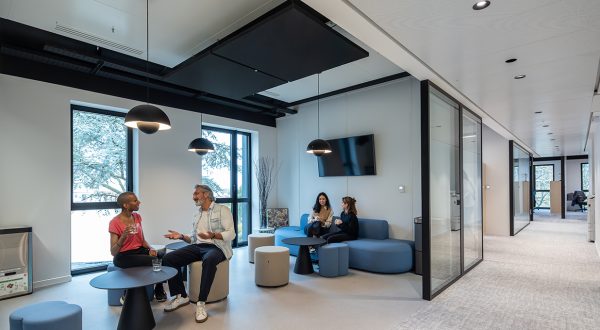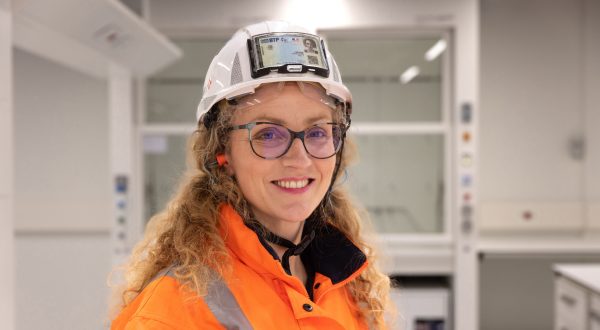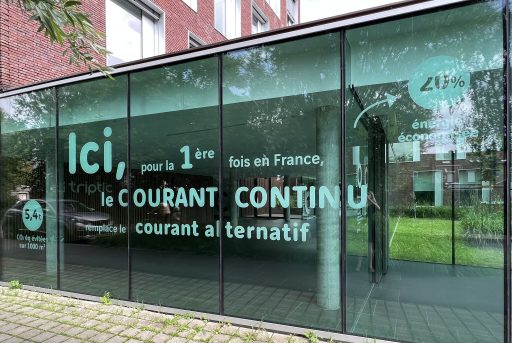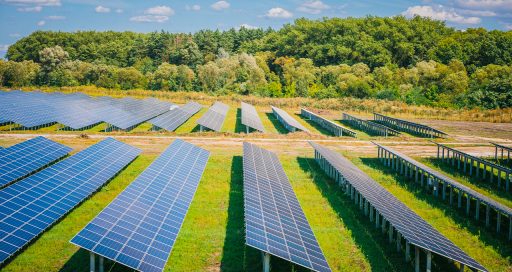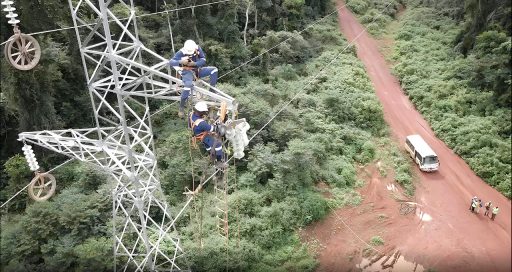Supporting the environmental transition in state-owned buildings
Reading time: 3 min
Because of the large-scale contracts it generates, the French government’s energy transition strategy for state-owned building stock requires a dedicated organisational approach from the companies involved. VINCI Energies is at the forefront of this dynamic market.
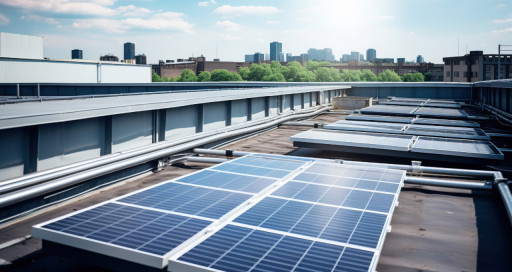
The French government’s real estate assets number more than 190,000 buildings. Representing around 94 million square metres of floor space, this building stock is subject, like any other, to regulatory requirements in relation to energy transition. The France Relance plan has therefore allocated several billion euros to achieving an annual saving of 800 GWh, comparable to the domestic consumption in a town of 200,000 residents.
In 2023, AGILE (the French government real estate management agency) announced a development plan to install solar generators for self-consumption on 300 roofs and plots of land by 2025. This concerns every type of building – administration centres, workshops and warehouses, educational and research buildings, prison facilities, residential buildings (police training schools), decentralised service offices, etc. – provided they have a roof measuring at least 1,000 sq. metres, ideally flat, relatively free of obstructions (chimneys and vents), and structurally capable of supporting an additional 15 kilograms per sq. metre.
“A captive network of business units specialised in solar, electric vehicle charging infrastructure, and energy security and efficiency.”
The government’s target is to produce total solar power output of 1.45 GWp (Gigawatt-peak) by 2029, equivalent to 12% of installed solar capacity in France. This strategy is based on a national framework agreement divided into four geographical areas (northwest, northeast, southwest and southeast).
A large-scale market
Businesses specialised in energy performance in real estate assets are looking forward to a large-scale market with specific features. And VINCI Energies business units are at the forefront.
“First of all, VINCI Energies products and solutions address both the energy crisis and legislative requirements,” explains VINCI Energies director Patrick Bortolino. “Our business units dedicated to solutions for buildings are designing, installing and monitoring the performance of solar energy systems to unlock the full solar power potential of these buildings. This reduces their dependence on conventional power supply networks thanks to these easy-to-install systems. In addition, since solar power is a 20 to 25-year investment, we are supporting our customers closely with maintenance solutions to ensure the effective long-term operation of these installations.”
Just over a year ago, VINCI Energies set up a special cell to better tackle working models on a national scale.
Patrick Bortolino continues: “The idea was to create, among VINCI Energies business units, a network of companies specialised in solar, electric vehicle charging infrastructure, and energy security and efficiency. We identify national calls for tenders and pass them on to the VINCI Energies Building Solutions network, which can then form instantly operational teams of specialists. With this approach, we were able to meet the government’s requirements for its solar programme.”
06/13/2024
